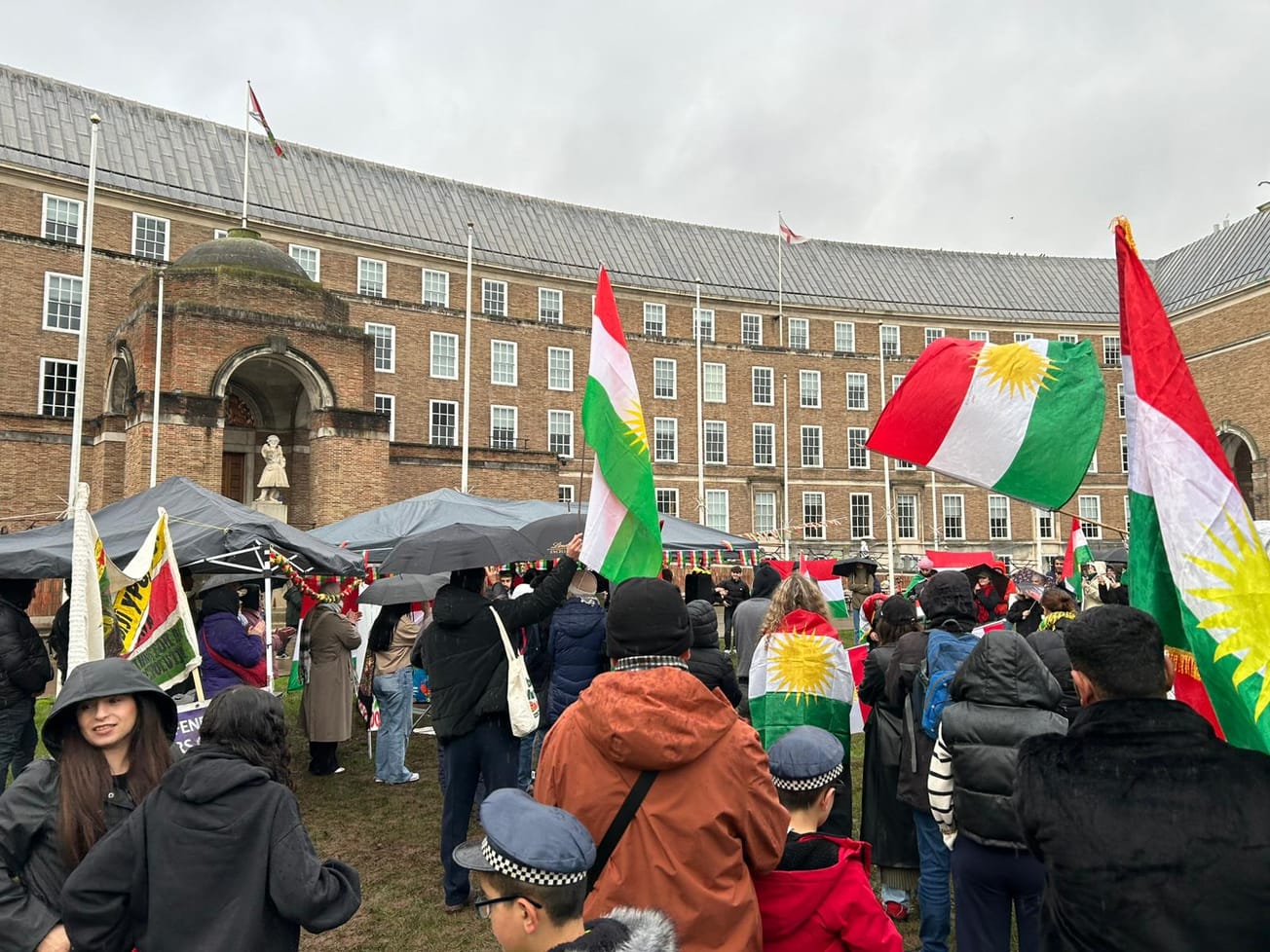By Ellie Brown, Investigations Correspondent
A newly-published study led by a sociologist at Bristol University shows people from ethnic minority groups still suffer worse job prospects due to racism, despite some progress being made since the 1970s.
The study used comparative analysis of census data from 1971 and 2011, and found that in both years, both men and women from ethnic minority groups in Britain were more likely to be unemployed, or sick than those from the white majority group.
The report also found that, in 1971, both men and women from six of the seven ethnic minority groups were more likely to be in a manual job than their white counterparts - a figure that fell to four groups in the 2011 census.
Led by Dr Saffron Karlsen, a Senior Lecturer in Social Research at the University, the study was published online on Monday in the British Sociological Association journal Sociology.
Census data from 1970s to 2000s shows ‘persistent racism’ still mars job prospects for #BAME Britons, who are more likely to be in manual work or unemployed than their white counterparts. New research led by @saffronkarlsen: https://t.co/FpHbPjnsz5 #BlackLivesMatter
— Bristol University 🎓 (@BristolUni) June 15, 2020
Dr Karlsen, who has been working on research looking at ethnic inequalities in a range of issues for over 20 years, spoke to Epigram about the study.
Asked why she and her colleagues analysed census data she explained that ‘it’s surprisingly difficult, and surprisingly expensive, to get decent surveys of people with a range of ethnicities. The ONS Longitudinal Survey uses information from 1% of people who answer the England and Wales census. This means it gives us a good snapshot of the population.’
According to Dr Karlsen, there is already research which shows ‘that disadvantage isn’t consistent across all ethnic minority groups in the UK’.
But what they didn’t know was ‘whether and how that had changed over time’ – specifically, within people’s own lifetimes rather than between generations.
Discussing possible solutions to structural racism, Dr Karlsen stressed that ‘research shows ethnic inequalities persist in every aspect of life; in the workplace, in education, in the housing sector, in health experience and health care’.
‘We need to recognise that inequalities in the workplace aren't only caused by issues which happen in the workplace,’ she emphasises. ‘The reason why people might be in worse jobs, or in unemployment (as we showed), may be partly because people weren't invited for that interview when they should've been, or weren't given that promotion because their employer “didn't like Muslims”.
‘But it will also be because they weren't given the chances at school that other kids got because the teacher thought all Black kids were “trouble”, for example.’
‘What we need to understand is that - with the exception of a few very specific cases - these inequalities are all caused by the same problem. It's not because people are biologically different - it's not about differences in vitamin D or people working harder or being more clever than others. It's due to racism. It's due to people not being given opportunities to do certain things because of the assumptions of other people about who they are and what that means.’
My new blog on the links between George Floyd and ethnic inequalities in COVID-19, the PHE inquiry disaster and the reasons why Bristol City Council are the ones to follow if Black Lives really Matter https://t.co/ksdVI4Svg3 @CllrAsherCraig @PolicyBristol
— Saffron Karlsen (@saffronkarlsen) June 5, 2020
‘Academics talk about taking a 'life course' approach when looking at these things,’ she adds, ‘to think about how the experiences of people's parents, and their parent's parents, impacted on their own lives, and how their experiences as children affected their lives as adults, and so on. This means we need to think much more creatively and holistically if we are to address this problem.’
Because of this, Dr Karlsen says, ‘we can begin to tackle structural racism in the workplace, but only as part of a wider commitment to recognise and respond to racism everywhere.’
Speaking about the impact she hopes her work will have, Dr Karlsen says that ‘while this sort of statistical research can be quite hard to read, numbers really do sometimes speak louder than words.
‘One of the ways I try to make a difference is by trying to make it impossible for people to pretend this isn't happening. As we can see with the Black Lives Matter movement, the more of us that draw attention to this problem, the less possible it becomes for people in power to find ways to ignore it.'
Dr Karlsen also works with policymakers in order to ‘help them make sense of the evidence’ and determine how such findings might be used to inform policy decisions.
‘I'm pleased to say that this is something that policymakers in Bristol seem to do much better than others,’ she says.
Dr Karlsen is clear that these inequalities her report identifies ‘exist and persist, and are caused by societal not individual or cultural factors,’ which, she continues, ‘adds to the voices demanding that we act together to resolve them.’
Featured: University of Bristol
What are your views on the study?









